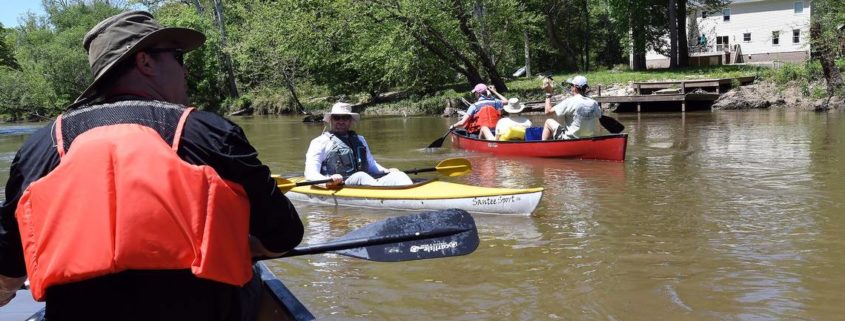The Milburnie Dam stood across the Neuse River in Wake County for over 100 years. It was demolished at the beginning of the year and the river seems to be healthier than ever. Chuck Liddy Chuck Liddy
'We're going to have a different river.' Without Milburnie Dam, the Neuse comes alive.
By Richard Stradling
rstradling@newsobserver.com
May 09, 2018 05:42 PM
Updated May 10, 2018 03:02 PM
RALEIGH - Matthew Starr did something on the Neuse River this month that wouldn’t have been possible for more than two centuries: He kayaked through the rapids where the Milburnie Dam once stood.
The re-emergence of these whitewater falls 6 miles east of downtown Raleigh is the most obvious change to the Neuse since the dam was dismantled last fall. But it’s not the only one.
Dams built here to harness the river’s power created a long narrow lake upstream starting in the late 1700s. The most recent dam, built about 1900 out of large pine timbers, stone and concrete, backed the Neuse up for 6 miles, to about where U.S. 401 crosses today.
Since workers clawed the dam apart with machines in November, the water has flowed freely. And as the Neuse becomes a river again here, everything within and along its banks – fish, animals, wetlands, even people – are adjusting.
Starr got to see those changes firsthand this month on a canoe trip arranged by George Howard, co-founder and CEO of Restoration Systems, the Raleigh company that took down the dam. Starr works for the environmental group Sound Rivers as the Upper Neuse Riverkeeper, making him a paid advocate for the river. Also along for the trip was Tiffani Bylow, Milburnie project manager for the company, and Steve White of American Rivers, a national advocacy group in Durham.
Image Credit:
Paddlers take a break on the Neuse River north of where the Milburnie Dam used to be in Wake County in Raleigh,N.C., Tuesday, May 1, 2018.
Chuck Liddy cliddy@newsobserver.com
Less than two weeks after workers began clawing away at it, the Milburnie Dam is gone, and the Neuse River is flowing freely through Raleigh for the first time in centuries. Restoration Systems

